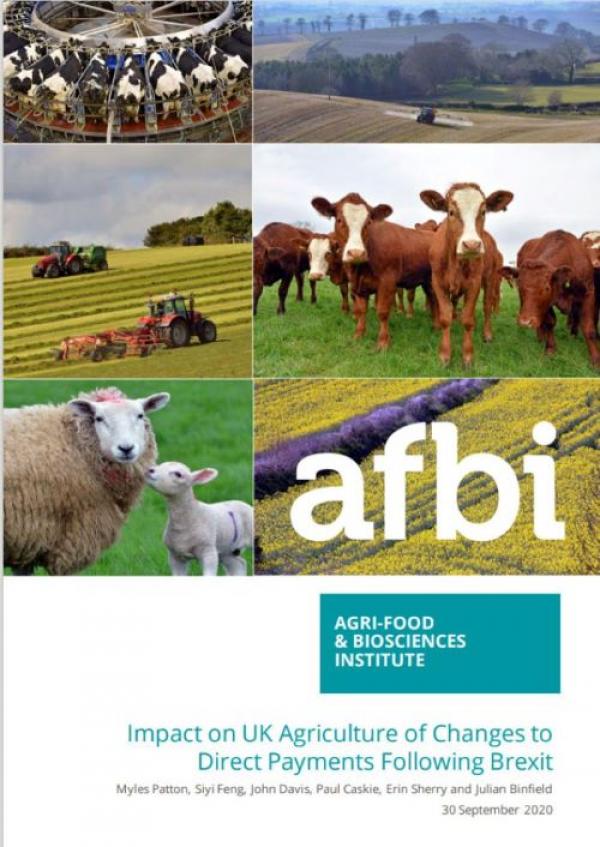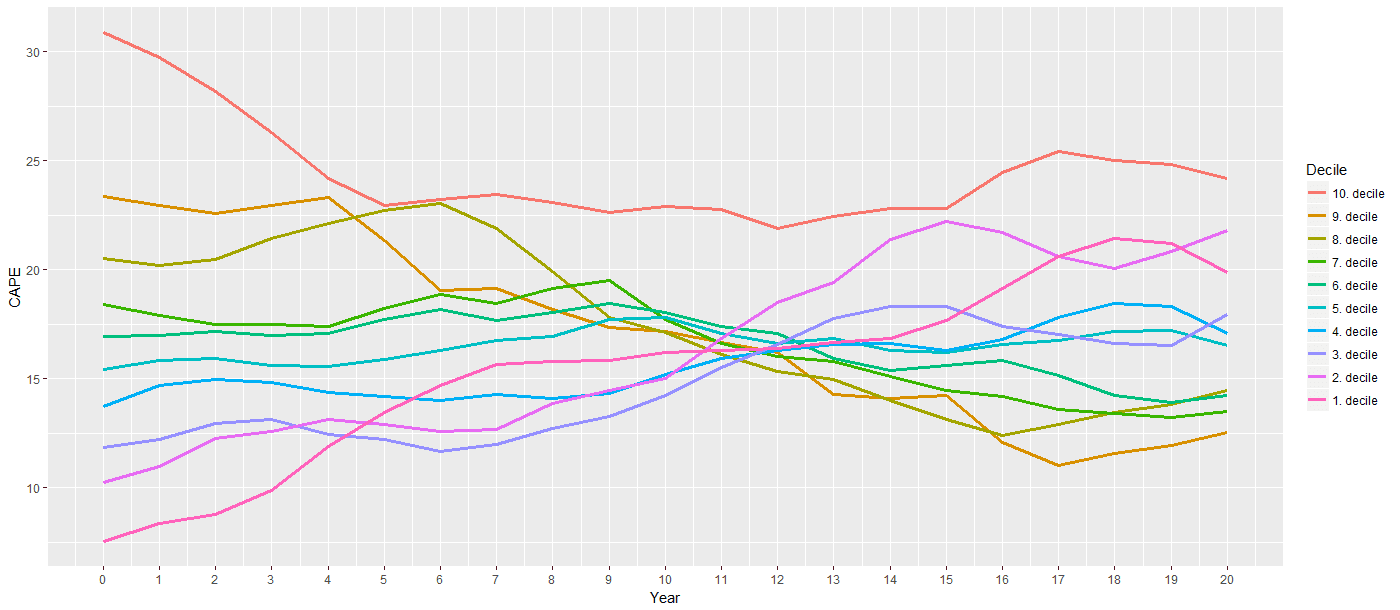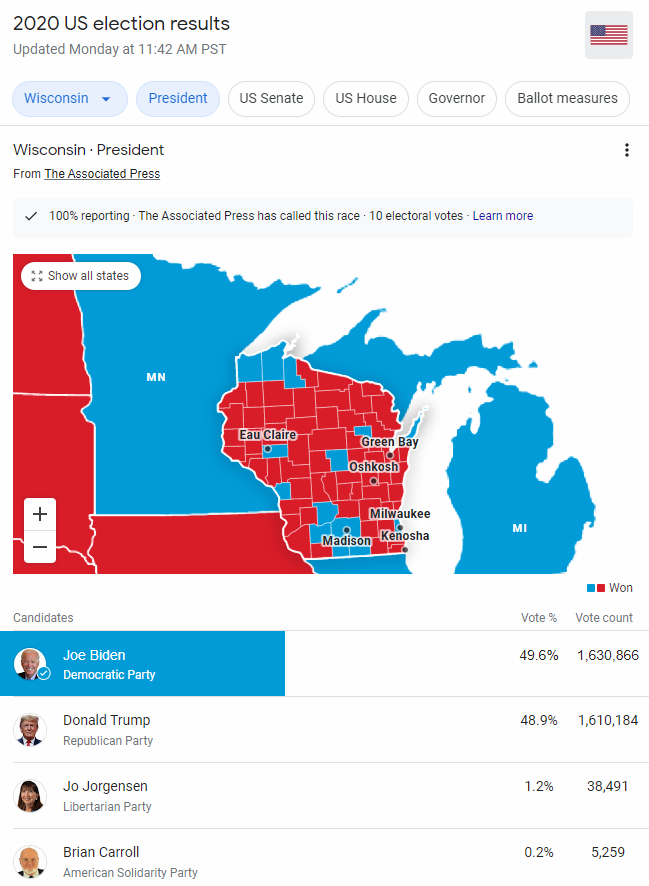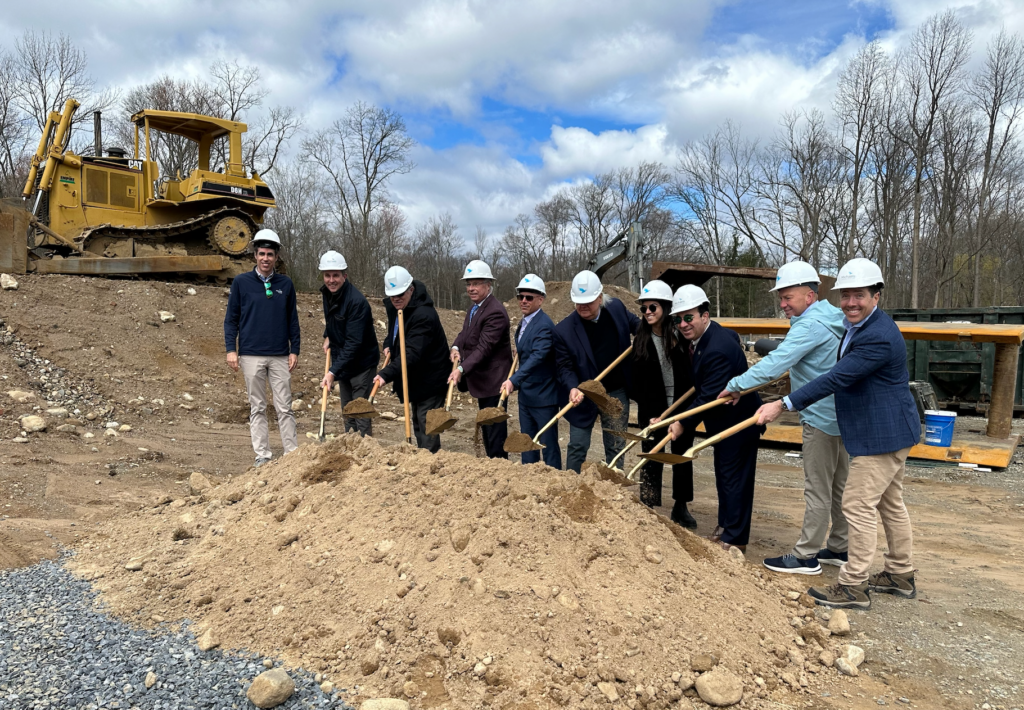The Impact Of Reform UK On The UK Farming Industry

Table of Contents
Reform UK's Agricultural Policies: A Detailed Analysis
Focus on Food Security and Self-Sufficiency
Reform UK prioritizes food security and self-sufficiency, arguing that the UK should produce more of its own food to reduce reliance on imports. Their proposed solutions aim to boost domestic food production, potentially impacting various farming sectors differently.
-
Benefits: Increased domestic food production could enhance resilience to global supply chain disruptions and strengthen the UK's position in international food markets. Farmers might see increased demand for domestically produced goods.
-
Drawbacks: A focus on self-sufficiency could lead to higher food prices for consumers if production costs are not managed effectively. Certain sectors might benefit disproportionately, potentially disadvantaging others. For example, increased tariffs on imported goods could make some food products less affordable, while benefiting domestic producers.
Specific policy proposals include:
- Significant reform of agricultural subsidies, shifting focus from environmental concerns to increased production.
- Renegotiation of trade deals to prioritize domestic producers and reduce reliance on imports.
- Implementation of stricter import controls and potentially higher tariffs on certain food products.
Keywords: food security, self-sufficiency, domestic food production, agricultural subsidies, trade deals, import tariffs.
Environmental Concerns and Sustainable Farming Practices
Reform UK's stance on environmental regulations and sustainable farming practices remains a point of debate. While acknowledging the importance of environmental protection, their emphasis on increasing food production suggests a potential tension between these two priorities.
-
Potential Impact: Reduced emphasis on environmental regulations might lead to increased agricultural intensification, potentially negatively impacting biodiversity, water quality, and climate change mitigation efforts. Conversely, a focus on increased production could incentivize unsustainable farming practices if not carefully managed.
-
Conflicting Priorities: Balancing the need for increased food production with environmental protection is a significant challenge. Reform UK's approach to this delicate balance requires further clarification and scrutiny.
Examples of proposed environmental policies (or lack thereof) and their potential effects require further detail from the party's platform, however early indications suggest a potential prioritization of production over strict environmental measures.
Keywords: sustainable farming, environmental regulations, biodiversity, climate change, water pollution, organic farming.
Impact on Farmers' Livelihoods and Rural Communities
The success of Reform UK's agricultural policies hinges on their impact on farmers' livelihoods and rural communities. Increased domestic food production could stimulate the rural economy, but only if it translates into increased farmer incomes and job creation.
-
Potential Effects: Subsidy reforms could benefit some farmers while disadvantaging others. Changes to trade deals could impact market access and prices. These factors could influence investment in rural infrastructure and potentially the viability of smaller farms.
-
Case Studies: Analyzing the effects on specific regions, for instance, dairy farms in the southwest or arable farms in East Anglia, would reveal the varied impacts of their proposals. A regional analysis of potential job creation and economic growth would be crucial in assessing Reform UK’s proposals.
Keywords: farmers' incomes, rural economy, rural communities, job creation, infrastructure, farm subsidies.
Comparison with Existing Agricultural Policies
Reform UK's agricultural policies differ significantly from those of other major political parties in the UK. While the Conservatives have emphasized environmental sustainability alongside food production, Reform UK seems to prioritize the latter. Labour and the Liberal Democrats tend to focus on supporting farmers through subsidies while also maintaining environmental protections. A direct comparison is crucial for a full understanding of the implications of Reform UK's plans.
| Policy Area | Reform UK | Conservative Party | Labour Party | Liberal Democrats |
|---|---|---|---|---|
| Subsidies | Shift focus from environment to production | Balance environment and production | Maintain and potentially increase support | Support farmers with environmental focus |
| Trade Deals | Prioritize domestic producers | Negotiate favorable trade agreements | Advocate for fairer trade | Emphasize sustainable trade agreements |
| Environmental Regulations | Potentially less stringent | Balance environmental protection and growth | Strong environmental protection | Strong environmental protection |
Keywords: Conservative Party, Labour Party, Liberal Democrats, agricultural policy comparison.
Potential Challenges and Opportunities
Implementing Reform UK's agricultural policies would present significant challenges. Opposition from other political parties, potential conflicts with EU regulations, and the complexities of international trade agreements could hinder their efforts.
-
Challenges: Securing parliamentary support for radical changes to agricultural subsidies and trade policies will be difficult. Navigating existing EU regulations and international trade agreements will require careful diplomacy and potentially significant compromises.
-
Opportunities: A renewed focus on domestic food production could create opportunities for UK farmers to capture a larger share of the domestic market. Strategic trade negotiations could secure beneficial agreements with key trading partners.
Keywords: political challenges, EU regulations, international trade, opportunities for UK farming.
Conclusion: The Future of UK Farming Under Reform UK
Reform UK's agricultural policies represent a significant departure from the existing approaches. While their focus on food security and self-sufficiency is understandable, the potential impact on environmental protection and the livelihoods of farmers needs careful consideration. The potential benefits of increased domestic production need to be weighed against the risks of reduced environmental standards and the potential for increased food prices. Understanding the long-term implications of Reform UK’s plans for the UK's food security and rural economy is paramount. To make informed decisions about the future of UK farming, further investigation into Reform UK's detailed proposals and their potential impact on various farming sectors is necessary. Learn more about Reform UK’s agricultural policies and their potential effects on the UK farming sector, and engage in informed discussions on this crucial topic. The future of UK farming hinges on these important decisions. Keywords: Reform UK, UK farming, agriculture, future of farming, food security, rural economy.

Featured Posts
-
 Addressing Investor Concerns About High Stock Market Valuations Bof A
May 03, 2025
Addressing Investor Concerns About High Stock Market Valuations Bof A
May 03, 2025 -
 Ca Vient Du Ventre La Remontee De Bretelles De Sardou A Macron
May 03, 2025
Ca Vient Du Ventre La Remontee De Bretelles De Sardou A Macron
May 03, 2025 -
 Rio Tinto Defends Dual Listing Against Activist Pressure
May 03, 2025
Rio Tinto Defends Dual Listing Against Activist Pressure
May 03, 2025 -
 The 2024 Election And Beyond Lessons From Florida And Wisconsin Voter Turnout
May 03, 2025
The 2024 Election And Beyond Lessons From Florida And Wisconsin Voter Turnout
May 03, 2025 -
 Tomatin Pupils Celebrate Start Of Affordable Housing In Strathdearn
May 03, 2025
Tomatin Pupils Celebrate Start Of Affordable Housing In Strathdearn
May 03, 2025
